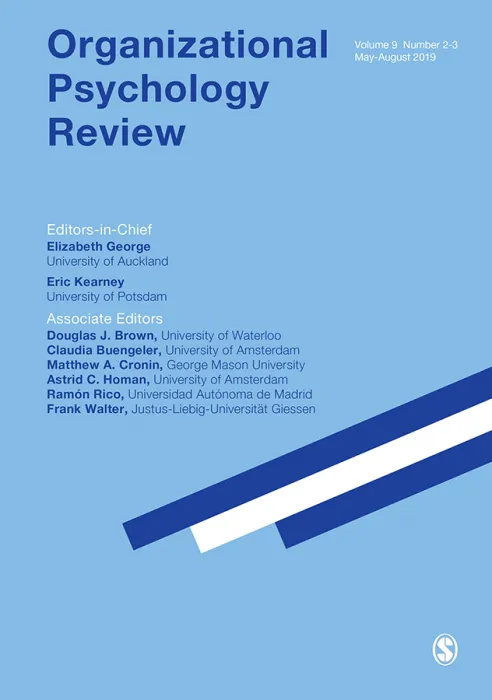Prof. Claudia Peus and Dr. Franziska Emmerling from the Chair of Research and Science Management have published a paper entitled 'The hot and the cold in destructive leadership: Modeling the role of arousal in explaining leader antecedents and follower consequences of abusive supervision versus exploitative leadership’ in the Organizational Psychology Review. They teamed up with Prof. Dr. Jill Lobbestael, a renown aggression researcher from Maastricht University, and fused evidence from research on destructive forms of leadership and aggression research for this conceptual work. The combination of both fields provides an opportunity to model the role of affective responses to aversive situations in defining which specific form of destructive leadership and which specific follower behaviour emerges.
Abstract: Due to its devastating consequences, research needs to theoretically and empirically disentangle different sub-types of destructive leadership. Based on concepts derived from aggression research distinguishing re- and proactive aggression, we provide a process model differentiating abusive supervision and exploitative leadership. High versus low arousal negative affect is installed as the central mediating factor determining (1) whether perceived goal-blockage (leadership antecedents) leads to abusive supervision versus exploitative leadership and (2) whether a specific leadership behavior leads to active versus passive follower behavior (leadership consequence). Further, theoretical anchoring of individual and contextual moderators onto the model's process paths is provided and exemplary hypotheses for concrete moderation effects are deduced. Based on the provided process model, we highlight four recommendations to facilitate process-based construct differentiation in future research on destructive leadership. To precisely understand the differences and commonalities in different forms of destructive leadership will ultimately enable custom-tailored inter- and prevention.
The full article is available open access at: https://journals.sagepub.com/doi/10.1177/20413866231153098
